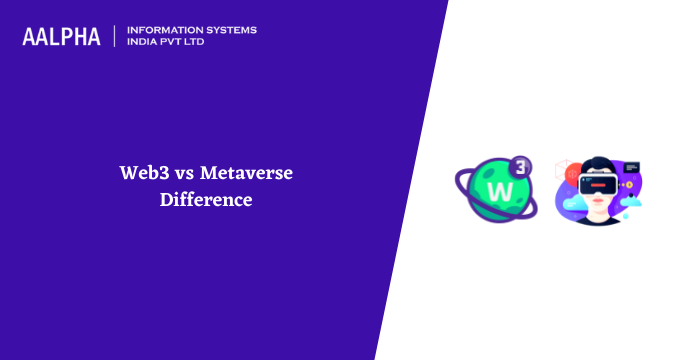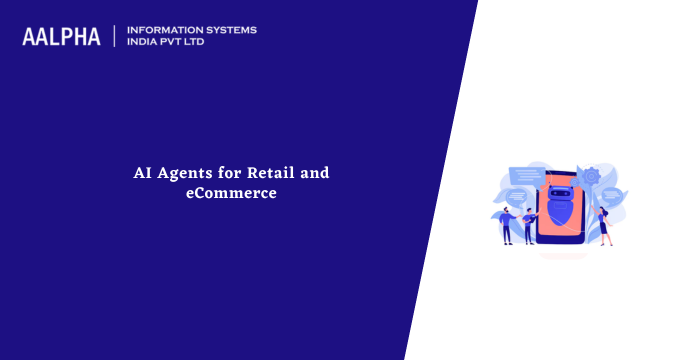Now, two subjects may confuse the reader. Both pertain to the internet’s and social media’s eventual decentralization.
Web 3.0 is a digital environment where we may create, share, and codify content. Through artificial intelligence and machine learning technologies, users will engage with data.
On the other hand, the Metaverse exists. It refers to a future virtual area that will provide access to a diverse array of entertainment and projects using the full spectrum of augmented reality.
At first look, these two subjects seem similar, but let us go deeper.
What distinguishes Web 3.0 from Metaverse?
Metaverse
While Metaverse refers to a future age in which computer-assisted technology enables people to enter the digital domain. Numerous items that will be on the web but not included in the Metaverse will remain inside the boundaries of Web 3. Nobody knows to what extent industries will be included in the Metaverse concept, but a large portion of the internet as we know it (web 2.0) will transition into the Web 3.0 concept.
The Metaverse is a novel method for individuals to engage with internet information, yet many are baffled by it. Instead of engaging with two-dimensional apps on a mobile phone or surfing the web by flicking through pages or tabs, these websites are turned into three-dimensional objects. A three-dimensional building or mall, with users engaging with it through in-game characters or avatars, is created on the internet instead of browsing a clothing shop or an online sports store. A virtual building would allow people to interact digitally and immerse themselves in the virtual space, rather than just browsing online. The ability to “walk” or “teleport” between “websites,” but in three dimensions, will be another feature added.
Users will soon be able to “feel” and interact digitally with products and other people using virtual reality equipment, further enhancing the experience. Users may jump between virtual worlds in the Metaverse, similar to a more dynamic and immersive internet.
Web3.0
The “engine” of Web 3.0 is the blockchain. Web 3.0 is, first and foremost, an advancement over Web 2.0, and it is the technology that allows online activities to take place on it. Within this perspective, the Metaverse is a new dimension that encompasses “gaming, movie, concert, entertainment, social platforms, education, and simulation-based training” techniques that make use of Web 3.0 developments.
Managing online identities and digital assets is about to undergo a significant paradigm change with the advent of Web3.0. Throughout the last several years, we’ve seen the rise of Web2.0 as a phase in which businesses are creating online products and services for users to engage with but in a centralized manner, which means that the companies own everything and users have little or no control over the content they create on the platform. Businesses manage and monetize user-generated content on web 2.0. In Web 3.0, users create and manage their content, which they can then monetize. How? Through the usage of cryptocurrencies and the blockchain.
Decentralized computers rather than a single firm run online services, enabling anybody with an internet connection and a bitcoin wallet to use them. Through their secret code, users have total control over their online identities and the timing and manner in which their data is shared with other applications.
The resemblance between the Metaverse and Web 3.0?
Taking all of this into account, the OPEN Metaverse is, in fact, WEB3.0. Without gatekeepers and centralized institutions, an internet. An internet administered by a decentralized community of nodes that provides users worldwide with open, permissionless, and censorship-resistant access to trade value and information on their terms. An immersive internet enables digital ownership and accessible transmission of data and information.
Numerous advances associated with blockchain constitute the same everyday basis for both concepts technologically speaking. Each new blockchain concept and solution is immediately evaluated as a potential module for integrating the Web 3.0 engine that will power Metaverse goods and services.
- Internet (online) – requiring access to the internet through a mobile network or service provider.
- A computer or other digital equipment acts as a conduit or point of entry to the internet world.
- Technology—the stage of change that simplifies existence.
- Humans/users who already use or intend to utilize such technology
Summing Up
Numerous individuals are baffled by the Metaverse and how it varies from Web 3.0 technology. In the Metaverse, people may interact with online content in a new way that is not available anywhere else. Instead of interacting with two-dimensional applications on a mobile phone or scrolling through pages or tabs on a website, these websites are transformed into three-dimensional objects that may be touched and explored.
Because it is the engine that consumes blockchain technology, Web 3.0 is the basis for the future of the internet. Each new blockchain concept and solution is immediately recognized as a good match for Web 3.0, including social media.
For more information feel free to contact us today!




Share This Article:
Written by:
Muzammil K
Muzammil K is the Marketing Manager at Aalpha Information Systems, where he leads marketing efforts to drive business growth. With a passion for marketing strategy and a commitment to results, he's dedicated to helping the company succeed in the ever-changing digital landscape.
Muzammil K is the Marketing Manager at Aalpha Information Systems, where he leads marketing efforts to drive business growth. With a passion for marketing strategy and a commitment to results, he's dedicated to helping the company succeed in the ever-changing digital landscape.